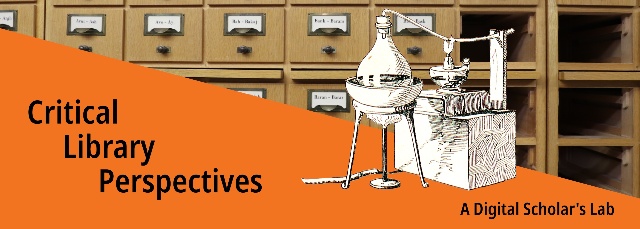Description
Have you already stumbled over the controversially discussed category “Indian” in the library catalogue in direct proximity to the keyword “anti-colonialism”? Have you ever wondered about the compilation of books on the subject “women and family”?
These examples show that libraries − contrary to a widespread perception − are by no means neutral places where knowledge is “only” collected and made accessible. For daily library work such as acquisition, classification, and presentation of media is characterized by valuation, selection, and standardization. These practices can thus be understood as epistemic, i.e., knowledge- and cognition-related processes. They always carry the danger of exclusion and discrimination of elements that do not conform to the applied normative schemes and can thus stand in the way of a diversity-oriented knowledge organization.
To make normalization and diversity processes in libraries more visible, our digital Scholar’s Lab aims to connect case studies from libraries with approaches critical to normalization such as queer theory and deconstructivist, intersectional as well as postcolonial theories.
Lecturers
Drabinski, Emily
,
Pho, Annie


